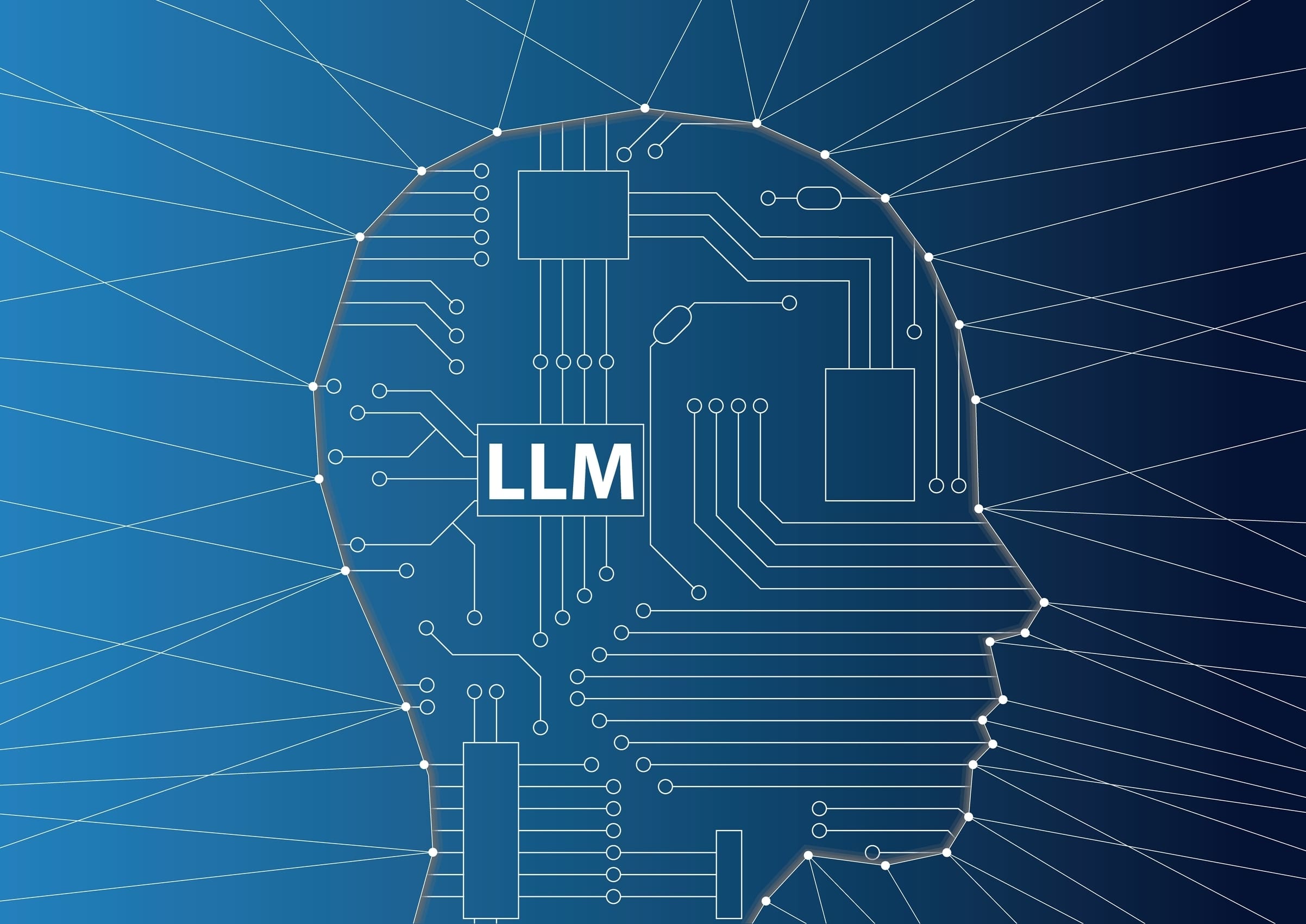
The current US Food and Drug Administration (FDA) regulatory framework around artificial intelligence (AI) as medical devices could be curtailing innovation, according to industry experts.
Panellists were discussing the practical application of AI in the medical device industry at the ongoing GIANT Health 2023 conference being held in London, UK, between 4 and 5 December.

Discover B2B Marketing That Performs
Combine business intelligence and editorial excellence to reach engaged professionals across 36 leading media platforms.
Generative AI (GenAI) is the talk of the town in the healthcare industry. Implementation of the large language models (LLMs) can alleviate hospital pressures and alleviate staff shortages. It is touted as key to solving the current health crisis in the UK, for example.
However, a challenge mentioned during the panel discussion was not around efficient implementation – as it often is – but about how the regulation, still in its infancy stages, is not robust enough to match the surge in innovation.
Tim Murdoch, business development lead for digital products at the Cambridge Design Partnership – an end-to-end innovation partner – highlighted that current FDA regulation means improving GenAI applications is tricky.
“The FDA allows AI as a medical device. They are still focused on locking the algorithm down. It is not a continuous learning exercise. It is a preapproved model that has gone through testing and validation and then gets locked.

US Tariffs are shifting - will you react or anticipate?
Don’t let policy changes catch you off guard. Stay proactive with real-time data and expert analysis.
By GlobalData“I think LLMs have a challenge with that approach because health is a service, not a device. [If we continue with this approach], we’ll cut out a lot of a potential innovation.”
Personalised medicine
The discussion turned to success stories of AI use in medical devices and areas with the biggest potential. The medical imaging sector is unquestionably one of the leading segments of AI implementation. GE HealthCare recently unveiled a range of AI applications for imaging devices at RSNA 2023, and other companies are developing software-as-a-service (SAAS) platforms to assist radiologists.
Steven Bagshaw, head of business strategy at CPI – a technology innovation centre – said that AI’s management of data is what makes it so powerful and that healthcare is gradually moving towards personalised medicine.
Bagshaw comments: “In addition to imaging analysis, there’s personalised healthcare. The more data that we generate, it’s more difficult for humans to interpret the large data sets.
“We’re moving away from a one size fits all, and we’ll start to see business models move away from that, and AI is a route to realising that.”
TestLabs managing director Tautvydas Karitonas outlined the use of AI in in-silico clinical trials. The technology can provide virtual insights into drug development before in-vitro or in-vivo trials are even initiated.
Murdoch says a success is the use of GenAI in mental health. He explained that with LLMs, patients can interact with human-like interfaces. Murdoch stated that this should not replace practitioners, but it can help patients with mental health interaction and the seeking of resources.
Whilst discussing the future of AI, the panel concurred that educational institutions need to up the pace to keep up with the scale of innovation. Targeting younger generation is key to the technology’s sustainability.
“It’s not keeping pace with us, it’s [about] keeping pace with our children,” Murdoch said.





